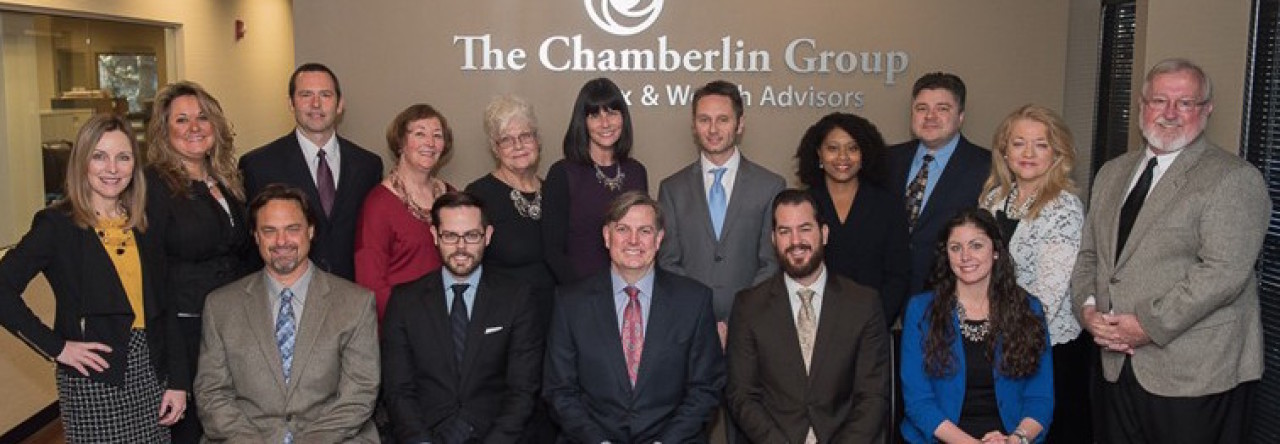Retirement is one of the most difficult things to plan, especially in this day and age. As our life expectancy continues to increase, so does the amount of years we spend in retirement. This means that it is important for your retirement savings to last  long as well. More so, it is important that you have retirement savings in the first place.
long as well. More so, it is important that you have retirement savings in the first place.
Below are 10 of the biggest retirement blunders that have been pinpointed by financial experts that you can make and how to avoid them:
- Not having a plan for your retirement money: This seems relatively self-explanatory. Not planning for retirement is literally the worst thing you can do when it comes to retiring. How to avoid: Create a cash flow scenario says Herb White, a certified financial planner and president of Life Certain Wealth Strategies in Denver.
- Forgetting about or ignoring inflation: One very common mistake is completely forgetting about or, even worse, ignoring the reality that is inflation. How to avoid: Make sure you take this into account so that you have enough money when you are ready for retirement. For starters, work with your financial expert to ensure that your investments are keeping up with the rate of inflation.
- Not saving enough money: This is almost as bad as not planning for your retirement at all. Making sure you have enough money is key to being able to retire comfortably and happily. How to avoid: Although it may not seem like you can afford to save, you certainly cannot afford to not save. According to T. Michelle Jones, vice president of Bryn Mawr Trust, working towards eliminating small expenses, like eating out instead of at home, can help you free up cash to put into savings. It adds up over time.
- Withdrawing from retirement accounts early: Pulling money out of your accounts before you even retire is a way to ensure that you have less money for when you really need it in the future. How to avoid: Don’t withdraw from your accounts. Don Chamberlin, the president and CEO of The Chamberlin Group in St. Louis, Missouri, says that taking loans and money from your 401(k) accounts and IRA is possible, but it is a mistake to do so. By keeping your money in those accounts, it will accumulate compound interests. Over time, this has the potential to add tens of thousands of dollars, or more, to your account over the course of your career.
- Investing emotionally: Wealth management advisor Chuck Downs points out that we live in a culture of timing and selection. When investing in funds, people look at the recent performance and then panic when the market downturns. By buying high during these periods of hot performance and then panic-selling, they are letting emotions run their strategy. How to avoid: Patience. While that’s a lot easier said than done, having an expert by your side can help with being patient.
- Being a conservative investor: This ties in with having your investments keep up with inflation. Currently, many investors are underperforming even when the market is performing well because of little exposure. How to avoid: Retired investors need higher growth in their funds to ensure that they can stretch their retirement money over what is expected to be a longer retirement period. This wasn’t the case many years ago.
- Missing out on employer’s 401(k) match: Recently, a study by Financial Engines, an independent investment advisory firm, revealed that American workers miss out on $24 billion in matching funds for their 401(k)s yearly. How to avoid: Not making your own contribution to your 401(k) if your employer matches it is a big mistake, says Don Chamberlin. By not taking advantage of this, employees are essentially missing out on what equates to a free 50% return on the money they are already setting aside.
- Letting all your retirement money be taxed: Putting all of your money into retirement accounts that do not ensure that at least some of your money is tax-free later in life is a mistake. How to avoid: Don Chamberlin of The Chamberlin Group points out that putting money in a Roth IRA or asking if a Roth 401(k) account is available through your employer is a great alternative. Money deposited into Roth accounts is taxable, but then it grows tax-free. If you already have all of your money in a traditional IRA, the Internal Revenue Service allows for those accounts to be converted to Roth IRAs.
- Underestimating healthcare: Medical expenses can get large during retirement. Herb White of Life Certain Wealth Strategies explains that people overlook or underestimate future health care expenses. How to avoid: Properly planning for future medical expenses is important. This isn’t difficult and an expert can help you strategize on the best plan that will fit your needs and deliver the best benefits.
- Filing for Social Security too early: Once you retire, it may appear tempting to begin filing for your Social Security benefits at the age of 62, when you are allowed to do so. But you will be receiving a lower amount. How to avoid: Plan out your retirement and wait to file for your Social Security benefits by the full retirement age. If you are retiring this year, that will be 66 years of age. By this age, you will receive a higher amount than if you did it by 62. T. Michelle Jones of Bryn Mawr Trust points out that those who wait up to four years to file for benefits can 132 percent of their monthly benefit.
